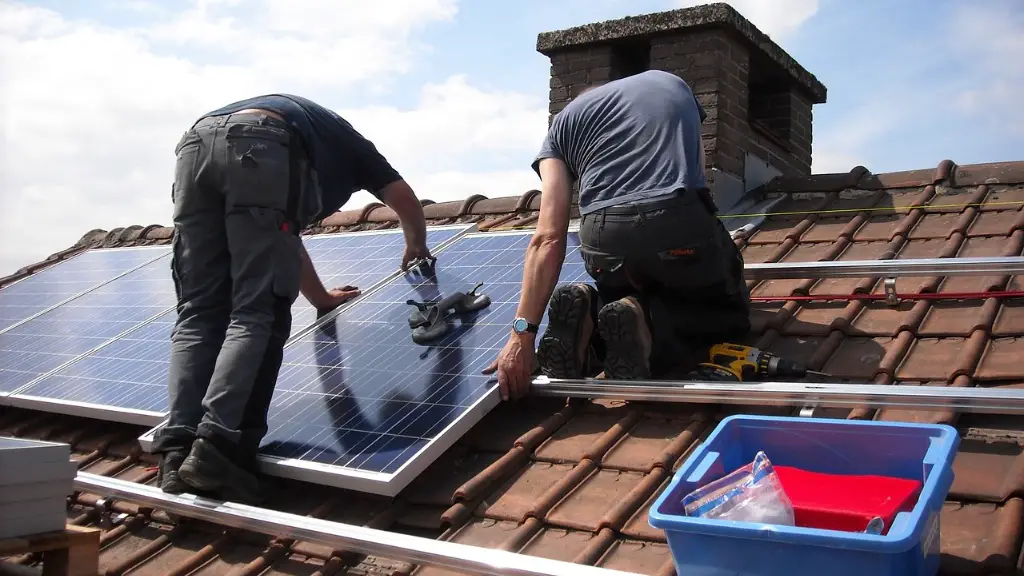Farming is an essential part of human life. It has held a revered place in society since their emergence and sustains us today. However, modern practices of subsistent and commercial farming may have global warming implications that could have far-reaching environmental and social implications. To truly understand these implications, one needs to look at the contributions of both traditional and industrial farming, the kinds of emissions being released, and potential solutions.
Traditional farming has been used for centuries and is still practiced in much of the world. While this type of low-impact agriculture has fewer emissions, the losses of soil nutrients and land can lead to degradation. This leads to an increase of carbon dioxide in the atmosphere and a decrease in air quality, which can in turn contribute to global warming.
Industrial farming, on the other hand, increases the production of commodities at a much faster rate, while also increasing the amount of energy and resources used to prepare and store food. This leads to more carbon dioxide being released into the atmosphere as fuel is burned to power machinery, fertilizer is spread and crops are shipped across the globe. In addition, the large-scale production of crops in one area often reduces biodiversity and disrupts natural habitats to the detriment of the environment.
Apart from using more energy and resources, industrial farming also releases other gases such as methane and nitrous oxide, both of which are potent greenhouse gases. Research has shown that the magnitude of these emissions depends on the type of farming, size of the farm, and the region in which it is located. For example, research conducted in the US showed that emissions from agricultural operations account for 8.3 percent of the nation’s total greenhouse gas emissions.
There are several solutions that could reduce the environmental impacts of farming, such as improving production practices, transitioning to organic or agroecology methods and reducing food waste. Such solutions can provide a number of benefits, including improved soil fertility, reduced use of chemicals and improved water quality, all of which can help reduce global warming.
Although farming has been a cornerstone of human life for centuries, modern practices can have a significant effect on global warming. It is essential that we make changes to reduce the environmental impacts of farming. The solutions mentioned can help us to reduce emissions and ensure that agricultural production is sustainable.

